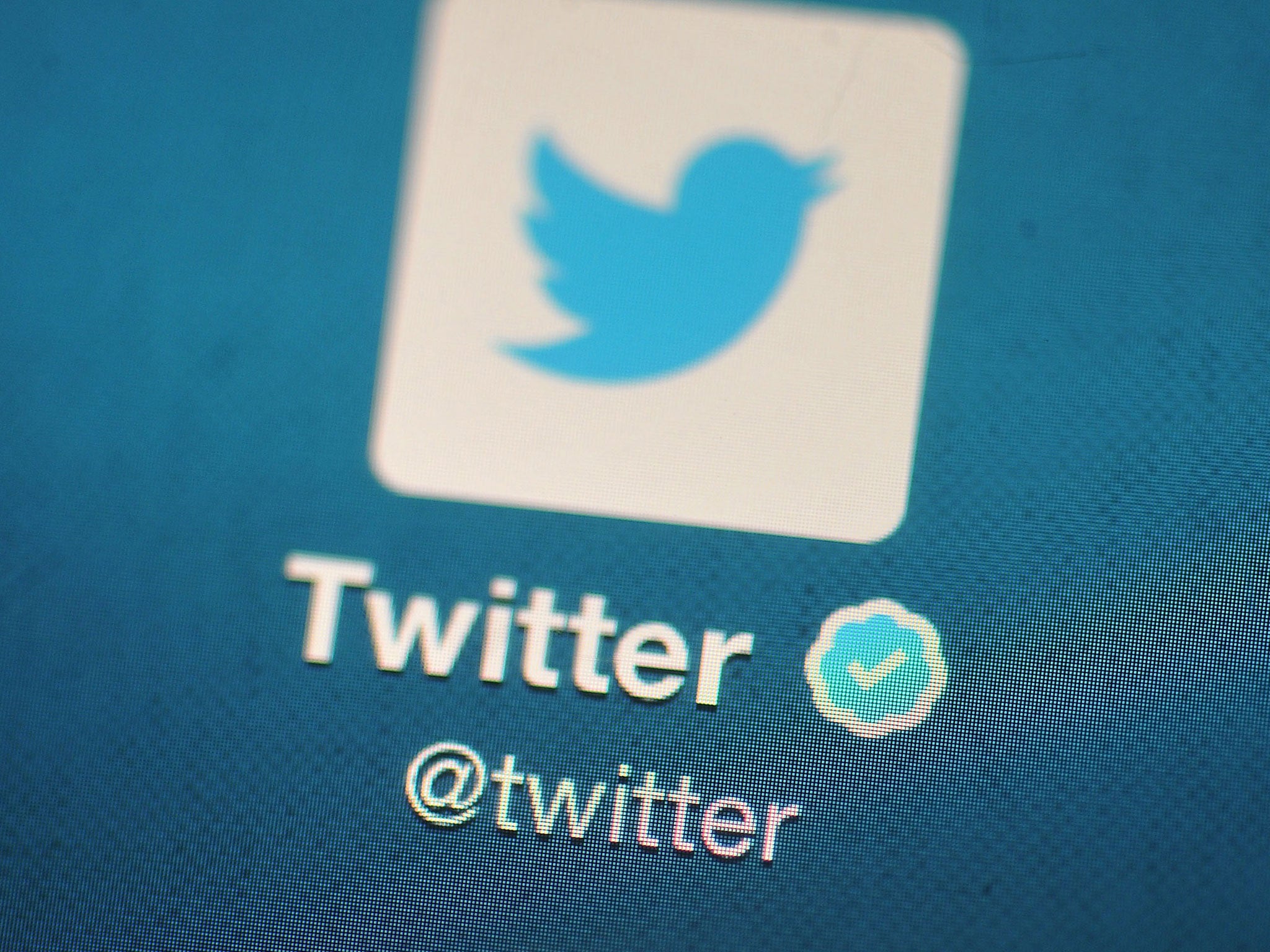Politwoops.co.uk: Twitter shuts down third party service that archived politicians' deleted tweets
Journalists and political opponents found the service tremendously useful

Your support helps us to tell the story
From reproductive rights to climate change to Big Tech, The Independent is on the ground when the story is developing. Whether it's investigating the financials of Elon Musk's pro-Trump PAC or producing our latest documentary, 'The A Word', which shines a light on the American women fighting for reproductive rights, we know how important it is to parse out the facts from the messaging.
At such a critical moment in US history, we need reporters on the ground. Your donation allows us to keep sending journalists to speak to both sides of the story.
The Independent is trusted by Americans across the entire political spectrum. And unlike many other quality news outlets, we choose not to lock Americans out of our reporting and analysis with paywalls. We believe quality journalism should be available to everyone, paid for by those who can afford it.
Your support makes all the difference.Who’d be a politician? After a hard day spent fighting for the rights of constituents (or gadding about at the public’s expense, depending on your viewpoint) they idly post a tweet, change their mind about its suitability for the public domain and delete it. They then endure hours of attacks from strangers over their errant judgement and unsuitability for political life. The scrutiny is intense, and we can only wonder whether that’s balanced out by the power they enjoy.
But this week, our MPs can, at least in theory, breathe slightly easier with the news that Twitter has effectively shut down a third party service, politwoops.co.uk, that archived their deleted tweets for our amusement. Journalists and political opponents found the service tremendously useful; after all, tweets that MPs choose to delete tell us far more than the tedious guff that makes up the majority of their social media output.
The service was part of a global network of sites run by the Open State Foundation (OSF), an organisation that “promotes digital transparency by unlocking open data”. Twitter stated years ago that the practice breached its terms of service, but they let it continue after receiving assurances from OSF that they’d introduce an element of human moderation. Of course, the whole project is dedicated to highlighting inconsistencies and U-turns, so it wasn’t a surprise to see OSF’s director, Arjan El Fassed, slam Twitter’s reversal of its earlier position. “What elected politicians say is a matter of public record,” he said – and his feelings have been widely echoed online; Twitter has been cast as the poodle of the powerful, meekly succumbing to their wishes and, by altering a few lines of code, halting an important method of holding politicians to account.
It’s unlikely, however, that this will suddenly allow MPs to display poor judgement on social media without being noticed. The ability to automate that process may have been stopped (at least until a new way is found) but a significant proportion of any MP’s Twitter followers are just waiting for them to screw up, and they’ll continue to be closely monitored using screengrabs, Google Alerts and online archiving tools. Indeed, Twitter’s privacy policy warns us of this. “Keep in mind,” it reads, “that search engines and third parties may still retain copies of your public information.” That’s the reality of life online; once stuff is put out there, there’s little chance of clawing it back – particularly if large numbers of people are keen on propagating it.
Twitter’s position is that MPs are people too. “Imagine how nerve-racking tweeting would be if were immutable and irrevocable,” it said in a statement. “No one user is more deserving of that than another.” While that may be fair enough in the context of a privacy policy, politicians have to expect greater levels of scrutiny. But a common argument this week has been that all of us must stand by the things we post online. Deletion, we are told, is a cowardly attempt to revise the past, a pathetic show of weakness that deserves nothing but contempt and punishment. You know that look of panic in the eyes of some politicians, the fear they clearly have of putting the tiniest step wrong that makes them look so eminently unelectable? It feels as if we’ll all start adopting that look as we realise that any errors we make online can come back to haunt us in an unforgiving atmosphere of zero tolerance. Who’d use social media?
Join our commenting forum
Join thought-provoking conversations, follow other Independent readers and see their replies
Comments